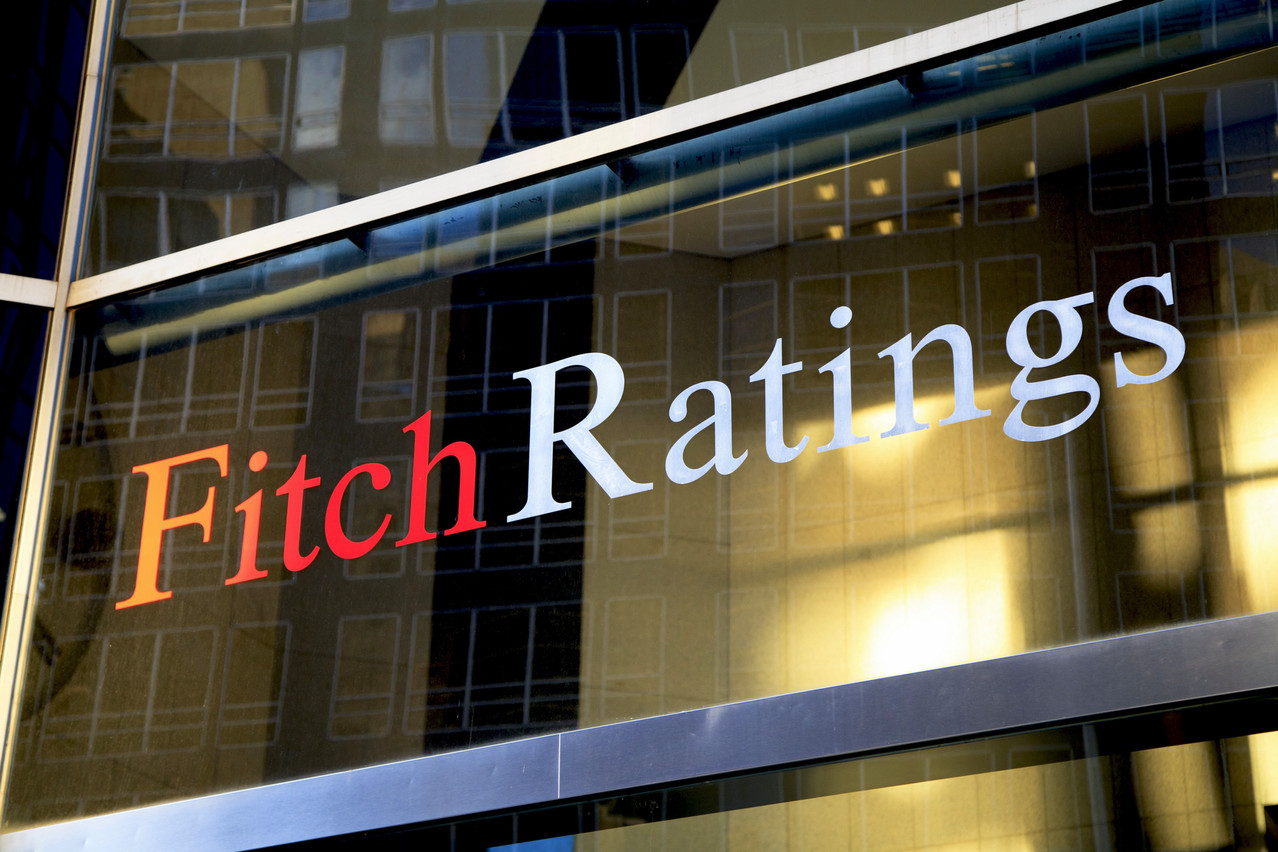Headquartered in Kirchberg, the European Financial Stability Facility (EFSF) is the predecessor of the European Stability Mechanism (ESM), which aims to help the euro area overcome financial crises and maintain financial stability.
Fitch’s reflects the downgrade of the long-term issuer default rating (IDR) of the French sovereign from AA/negative to AA-/stable on 28 April 2023. Following France’s downgrade, “guarantees and over-guarantees (set at 160.4% of initial guarantees) from euro area member state rated at ‘AA-’ are needed to provide 100% coverage of EFSF debt,” said Fitch.
Read also
In a , the EFSF stated that it “takes note of the decision by Fitch Ratings to downgrade the EFSF's long-term rating by one notch to AA- from AA.” It added, however, that Fitch affirmed the EFSF’s short-term rating at the highest possible level of F1+. Ratings agency Moody’s has assigned the AAA rating--the best possible--to the EFSF, while Standard & Poor’s rates the institution AA.
The EFSF and the ESM to five countries--Ireland, Portugal, Greece, Spain and Cyprus--during the euro debt crisis, according to the ESM’s website. Although the EFSF still issues bonds, it “cannot provide new loans since the creation of the ESM,” noted the ESM/EFSF press release.
Total EFSF loans amounted to €172.6bn as of December 2022, said Fitch: €130.9bn to Greece (BB+/stable), €24bn to Portugal (BBB+/stable) and €17.7bn to Ireland (AA-/stable).
In a separate , Fitch affirmed the ESM’s long-term issuer default rating at AAA with a stable outlook.
